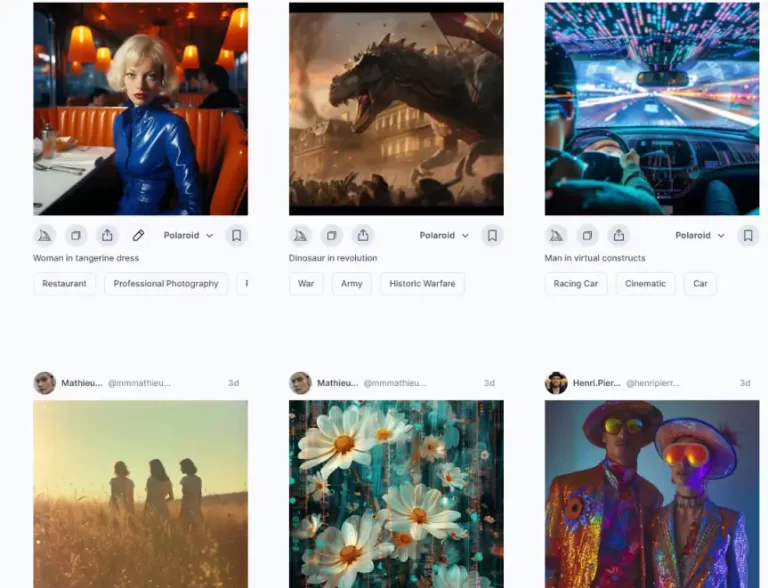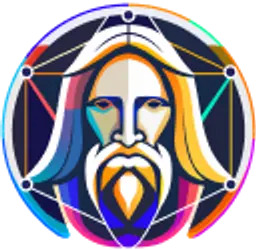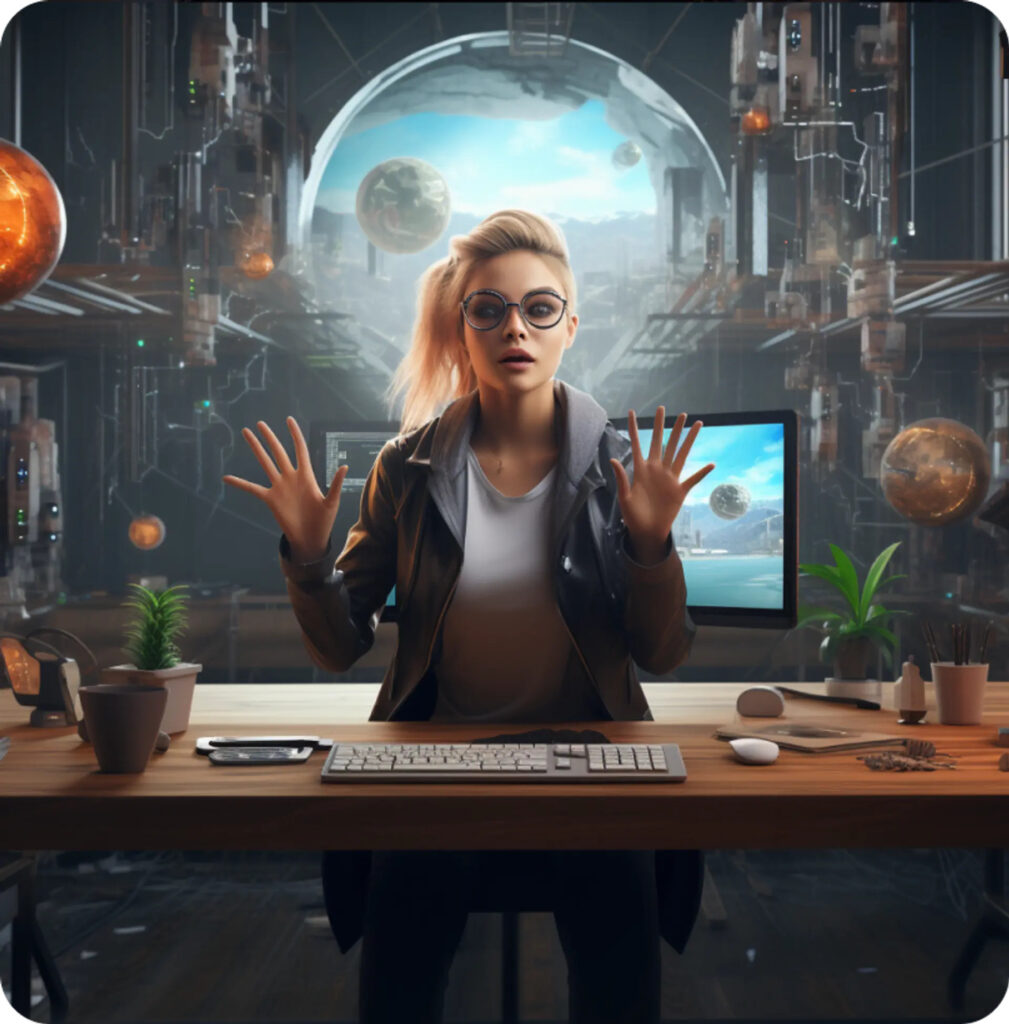Welcome to the world of ChatGPT, an AI language model developed by OpenAI that has taken the world by storm. With millions of users worldwide, ChatGPT has become a powerful tool, offering a wide range of applications and possibilities.
In this blog post, we will delve deep into this fascinating realm, exploring its technology, capabilities, limitations, and evolution, as well as answering the question, “What is ChatGPT?” and introducing you to its alternatives, and the opportunities for enhancing its performance.
Short Summary
- ChatGPT is an AI language model that allows users to carry out tasks such as conversing, writing, and creating logos or music.
- It utilizes next-token prediction and reinforcement learning from human feedback for natural-sounding responses, with OpenAI continually updating the model.
- Users can access ChatGPT through various methods while understanding potential risks of using it via data collection practices, incognito mode, etc.
Understanding ChatGPT: The AI Language Model

ChatGPT is an AI-powered language model developed by OpenAI, a renowned AI research company. Many users wonder, “How does ChatGPT work?” It has gained millions of users globally and is capable of generating content, answering questions, and assisting users in various tasks as an AI chatbot.
Its capabilities are vast, ranging from conversing to writing an entire term paper. Additionally, there are numerous activities that ChatGPT can do that may come as a surprise, such as creating a brand logo or composing music. This is possible due to the power of large language models, showcasing the incredible potential of artificial intelligence.
ChatGPT implements a language-based model that is fine-tuned by OpenAI, taking into account user feedback for human interaction. There are different versions of ChatGPT available, such as the free version of ChatGPT and the paid version, ChatGPT Plus, which comes at a cost of $20 per month and provides access to the chatbot during peak usage times, leveraging advanced AI technology.
ChatGPT faces competition from other AI chatbots, such as Google Bard, which is a product of Google Search’s parent company, Microsoft’s AI-powered Bing, and Anthropic’s Claude 2.
How ChatGPT Works: The Technology Behind It

At the core of ChatGPT lies next-token prediction and reinforcement learning from human feedback (RLHF). These technologies work together to generate natural-sounding responses in conversations, making ChatGPT a powerful AI tool. As an AI language model, ChatGPT is designed to simulate grammar, punctuation, writing structure, and other essential elements of human intelligence using natural language processing techniques.
OpenAI continually updates and improves ChatGPT, and in March 2023, they announced an upgrade to ChatGPT with the GPT-4 large language model, a generative pre-trained transformer, enabling communication with ChatGPT through text and images. In June 2023, updates for both GPT-4 and GPT-3.5 Turbo models were declared, featuring ‘function calling and API’ as the key updates.
Next-Token Prediction
Next-token prediction is a technique employed by ChatGPT to predict the most likely next word in a sentence, enabling it to generate coherent and contextually relevant responses. This is achieved by predicting the most probable next word in a sentence, based on the context of the input sequence and the training data used to train the model.
The benefits of next-token prediction include the potential to enhance the accuracy and fluency of generated responses, as well as providing a more natural and human-like conversational experience, showcasing the power of artificial intelligence. However, there are drawbacks to this technique, such as the requirement for extensive datasets to train the model and the possibility of bias in the generated responses.
Reinforcement Learning from Human Feedback (RLHF)
Reinforcement Learning from Human Feedback (RLHF) is a method used to train ChatGPT, where AI-generated responses are ranked by humans, and the model learns from this feedback to improve its performance.
The initial fine-tuning process for ChatGPT involves human trainers providing conversations in which they simulate both user and AI roles, supported by responses generated by the model. This dialogue data is used in combination with existing data from OpenAI’s ‘InstructGPT’ dataset. Together, they provide a wide range of dialogues for training and evaluation purposes.
Some technical issues could potentially prevent ChatGPT from functioning properly, such as server errors and inadequate internet connectivity. It’s essential to ensure a stable connection and troubleshoot any issues to get the most out of ChatGPT’s capabilities.
Accessing and Using ChatGPT

Users can access and use ChatGPT through various methods. You can register on OpenAI’s website, download the iOS or Android app, subscribe to ChatGPT Plus, or integrate it into your applications through the ChatGPT API.
The online version of ChatGPT is free for personal use, while the ChatGPT Plus subscription comes with additional benefits, such as priority access during peak times, faster response speeds, and access to the latest GPT-4 large language model.
The ChatGPT API allows developers to seamlessly integrate ChatGPT into a wide range of applications, such as chatbots, virtual assistants, payment platforms, and work applications. Notable companies such as Adobe, Snapchat, Quizlet, and Instacart have already utilized the ChatGPT API to integrate ChatGPT into their applications.
Official ChatGPT apps are available for iOS and Android devices, providing users with an easy way to access and use ChatGPT on the go. In addition to the official apps, ChatGPT can also be accessed on mobile devices through mobile web versions and third-party integrations.
ChatGPT Applications: Unlocking Its Potential

ChatGPT boasts a plethora of applications, making it a versatile AI tool. It can assist users with writing, translation, summarization, brainstorming, coding, and more.
Legal professionals are experimenting with ChatGPT for will and testament development, determining court rulings, and responding to law-related inquiries. Doctors in the medical field are assessing how accurate ChatGPT’s diagnostics are. Conversely, patients are using it to get information on diseases, medications, and other health-related matters.
Other uses of ChatGPT include generating written content, summarizing long documents, answering questions, writing and debugging code, constructing text-based games, acting as a tutor, planning a vacation, generating software activation keys, providing businesses with practical, job research, and creative inspiration, and for entertainment purposes. As AI technology continues to advance, the potential applications of ChatGPT will only increase.
Limitations and Concerns of ChatGPT
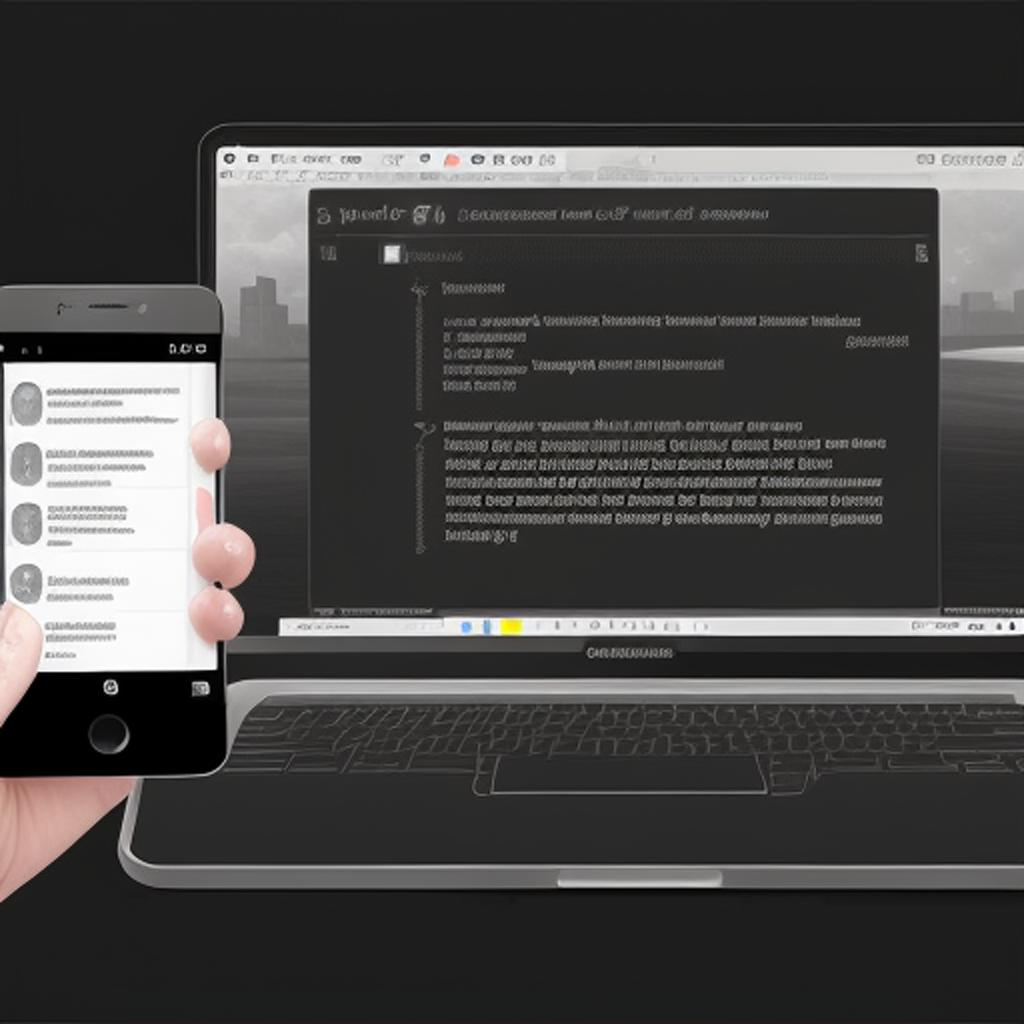
While ChatGPT offers a variety of impressive capabilities, it’s essential to be aware of its limitations and concerns. There are a number of potential errors that could occur, including human detection, unintentional plagiarism, disseminating false information, and intellectual property infringement.
ChatGPT faces challenges due to its model training, which involves pulling data from various sources, including those that may not be considered common knowledge. This means that ChatGPT is not yet a tried and trusted source.
ChatGPT has memory and privacy considerations that users should be aware of. The AI has a memory limit of 4,000 tokens (approximately 3,000 words). In terms of privacy, data is sent to OpenAI’s servers, and there have been regulatory issues in Italy and bans by companies such as Samsung due to concerns that employees may disclose confidential information. To ensure your privacy and security when using ChatGPT, it’s crucial to remain informed about potential risks and safety measures.
ChatGPT on Mobile Devices: iOS and Android Apps
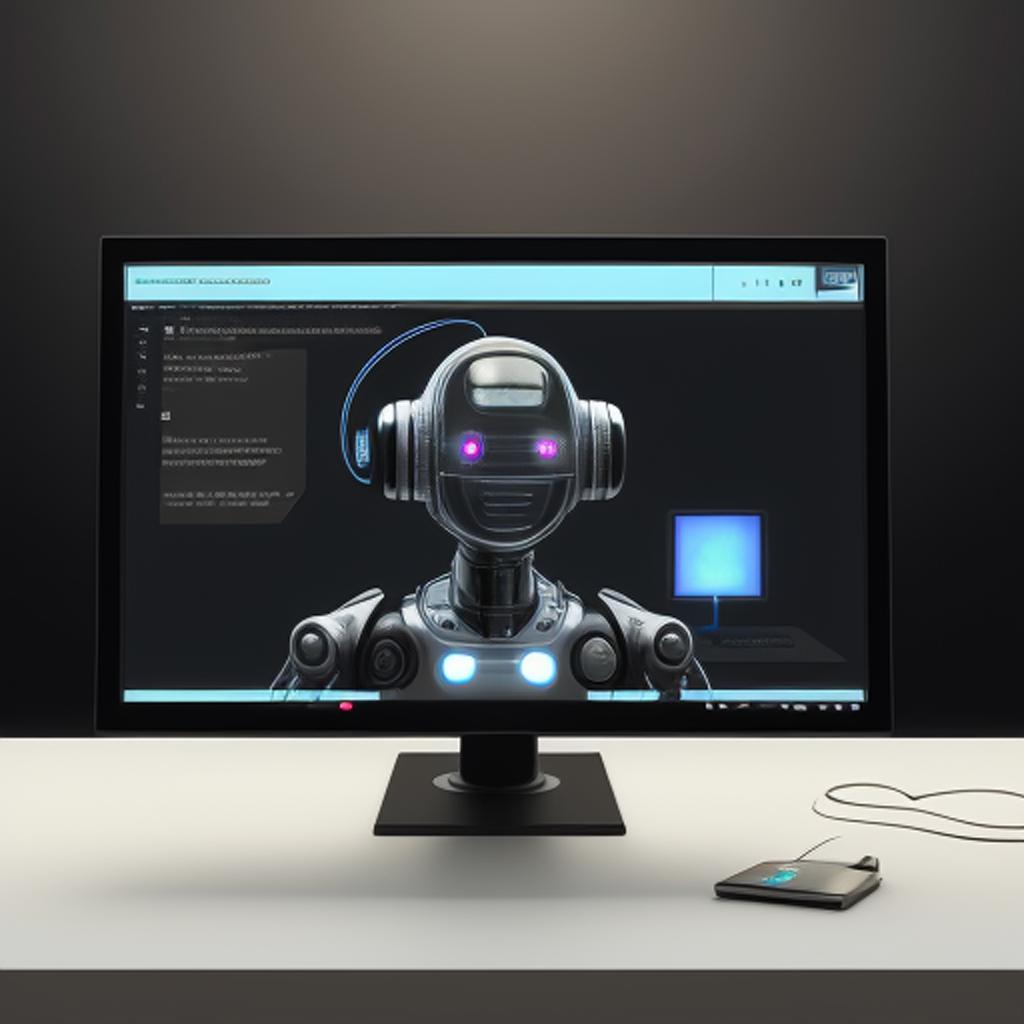
For users who want to access ChatGPT on their mobile devices, official iOS and Android apps are available for download, providing a user-friendly experience on the go. The apps offer a convenient way to engage with ChatGPT and benefit from its capabilities, regardless of where you are.
In addition to the official apps, ChatGPT can also be accessed on mobile devices through mobile web versions and third-party integrations. These options provide flexibility and convenience for users who prefer alternative methods of accessing ChatGPT on their mobile devices.
Evolution of ChatGPT: From GPT-3 to Rumored GPT-5
The evolution of ChatGPT has seen significant advancements, from the earlier GPT-3 model to the rumored GPT-5. GPT-3, the AI language model that preceded ChatGPT, was capable of producing text with a human-like quality, comprehending natural language, and providing answers to questions. Advancements in AI technology have led to the development of ChatGPT and its various iterations, each bringing improvements and new capabilities.
The rumored GPT-5 is anticipated to offer enhanced capabilities compared to the GPT-3, such as improved comprehension of natural language and more precise responses to queries. The release date for ChatGPT-5 is rumored to be around December 2023. As AI technology continues to evolve, we can expect ChatGPT and other AI language models to become even more powerful and versatile.
Competing AI Chatbots: Alternatives to ChatGPT
While ChatGPT has gained significant popularity, it’s not the only AI chatbot available on the market. Competing AI chatbots, such as Google Bard, Bing Chat, and Claude, offer alternative options for users seeking AI-powered language models and chatbot services. For example, Google Bard was released in March 2023 and has since been a notable competitor to ChatGPT.
Bing Chat, powered by Microsoft, is another AI chatbot that utilizes the GPT-4 model and has amassed over 100 million daily active users within a month of its launch. However, it has been observed that Bing Chat is prone to inaccurately responding to basic requests and has experienced certain issues.
Other chatbots, like Alibaba’s Tongyi Qianwen and Baidu’s Ernie bot, also compete in the AI chatbot market, offering users a variety of options to choose from based on their preferences and requirements.
Enhancing ChatGPT: Plugins and Customizations
ChatGPT can be enhanced with plugins and customizations, allowing developers to integrate additional functionality and tailor the AI to specific use cases. ChatGPT plugins, for instance, integrate the functionalities of other websites into ChatGPT, offering users a more comprehensive and seamless experience.
One example of a ChatGPT plugin is Expedia’s ChatGPT plugin, which enables users to request ChatGPT to arrange a vacation, and ChatGPT would draw from Expedia to assist in reserving flights and hotels. In contrast, the ChatGPT API enables the utilization of ChatGPT’s tools on other websites, providing developers with a powerful tool for creating custom applications, such as those that integrate Google search features.
By leveraging plugins and customizations, users can unlock the full potential of ChatGPT and enhance its capabilities to suit their specific needs and requirements, making it an even more versatile and powerful AI tool.
Privacy and Security with ChatGPT
Ensuring privacy and security with ChatGPT involves understanding its data collection practices, enabling incognito mode, and staying informed about potential risks and safety measures. By default, ChatGPT conversations are sent to OpenAI to contribute to the training of the AI and enhance the model’s performance.
To increase privacy in ChatGPT conversations, users can activate the equivalent of an incognito mode, preventing ChatGPT from sharing their conversations. With this mode enabled, chats will be deleted after 30 days and not used to train the AI. By taking these precautions, users can maintain their privacy and security while using ChatGPT.
Summary
In conclusion, ChatGPT is a powerful and versatile AI language model with a wide range of applications and capabilities. Its technology, evolution, and competition make it an exciting and ever-evolving tool in the world of artificial intelligence. By understanding its limitations, enhancing it with plugins and customizations, and ensuring privacy and security, users can unlock the full potential of ChatGPT and benefit from its remarkable capabilities.
Frequently Asked Questions
What is ChatGPT used for?
ChatGPT is an AI-driven natural language processing tool that enables users to engage in human-like conversations with the chatbot. It can answer questions, compose emails, essays, and code, as well as create images, text, or videos, through its generative AI technology.
ChatGPT is a powerful tool that can help users save time and increase productivity. It can be used for a variety of tasks, from customer service to content creation.
Is ChatGPT safe to use?
Yes, ChatGPT is safe to use. OpenAI requires a phone number for account authentication and won’t use it for any other purpose. It is only to verify your identity and keep their platform secure.
What are the different versions of ChatGPT available?
ChatGPT offers a free version for personal use and a premium version, ChatGPT Plus, for $20 per month with additional benefits.
The free version is great for those who want to get started with ChatGPT, while the premium version offers additional features and benefits. With ChatGPT Plus, you get access to more advanced features, such as custom templates.
Can I use ChatGPT on my mobile device?
Yes, you can use ChatGPT on your mobile device with the official apps available for iOS and Android devices, as well as mobile web versions and third-party integrations.
How can I enhance ChatGPT with plugins and customizations?
ChatGPT can be enhanced with plugins and customizations, giving users the ability to expand its capabilities and tailor it to their specific requirements.

